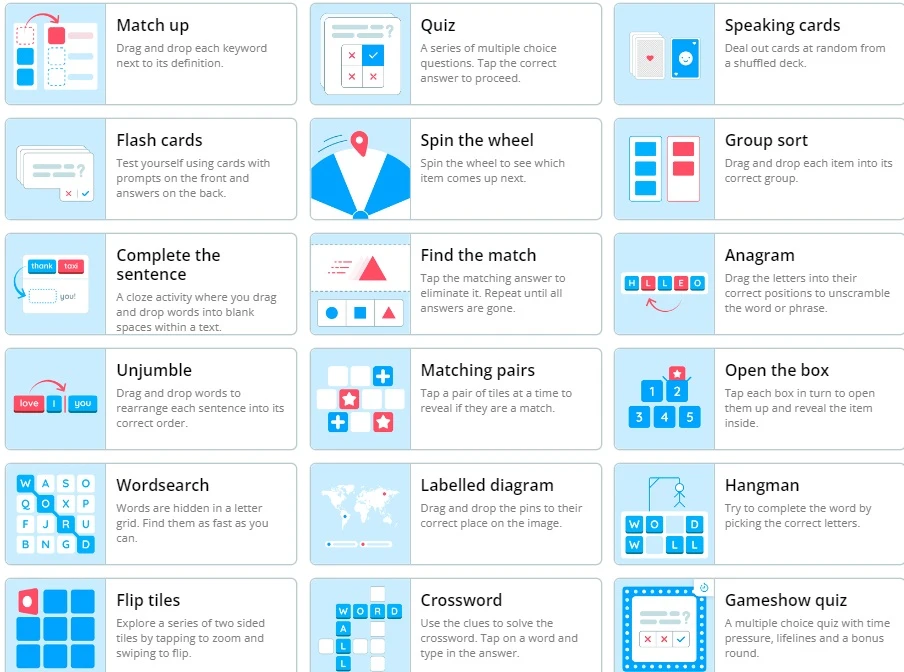Danh mục
When you’re out and about, it can be tough to find a place to plug in your electronics. Sure, there are always convenience stores and gas stations near by, but what if you don’t have access to either? That’s where generators come in handy. Not only do they provide power for your home or office, but they can also be used for emergencies or long-term storage. In this review, we will take a look at some of the best generators on the market and help you decide which one is right for you. From portable power products to whole-house generators, read on to learn everything you need to know about generators.
If you're in the market for a generator, there are a few things to consider. Here's a rundown of the most popular generators on the market and what they can do.
Portable generators provide an emergency power source when there is no electricity available from the grid. They come in two main types: gasoline or diesel powered. A gasoline generator runs on gasoline, which can be purchased at any store. A diesel generator uses diesel fuel, which can be more difficult to find.
Gasoline generators are typically smaller and lighter than diesel generators. They have shorter run times and need to be refueled more often. Diesel generators are larger and heavier and have longer run times but can also be used to power larger appliances.
Both generators have their pros and cons, so it's important to choose one that will meet your specific needs. Some things to consider when choosing a generator include: wattage requirements, engine type (gasoline or diesel), required accessories, price range, and warranty information.
There are a variety of benefits to using generators, both personal and business-related. Portable generators can provide emergency power in the event of a power outage or natural disaster, and can also be used for everyday tasks like powering equipment in a workshop or office. In addition, generators offer an eco-friendly alternative to using energy from fossil fuels, and can help reduce your emissions footprint. Here are five key benefits of using portable generators:
Emergency Power
A generator can provide emergency power in the event of a power outage or natural disaster. This is especially useful if you live in an area where emergencies are common, like coastal communities that rely on grid power.
Eco-Friendly Alternative
Generators are an environmentally friendly way to generate electricity. They use little fuel and produce minimal emissions, making them a good choice for areas with concerns about climate change.
Workshop & Office Power
Portable generators can be used to power equipment in workshops and offices. This is great for maintaining tools and machines during downtime, as well as running essential electrical appliances during peak hours when the main grid is unavailable.
Extra Power When You Need It Most
Portable generators can be used to get extra power when you need it most. This is especially helpful if you have lots of electronics that need to be powered up quickly, like racecars or high-end cameras.
There are a few types of generators that can be used for powering portable devices and tools. The most common generator types are diesel and gasoline generators. Diesel generators work best when running on diesel fuel, while gasoline generators run off of gasoline. There are also electric generators, but they are less common and usually used for larger tasks like powering a home or office.
One of the biggest benefits to using a generator is that it can be used anywhere there is an outlet. This makes them very versatile and perfect for emergencies or short-term power needs. They can also be used when the grid is not working properly, which is becoming more common due to weather patterns changing.
Another advantage to using a generator is that they are relatively inexpensive to operate. Most require little maintenance other than filling up with gas or diesel, and they will last for many years if taken care of properly.
Portable power units work by converting energy from a mechanical or electrical source into an energized battery or device. This type of power is commonly used to recharge electronic devices, power tools, and other household appliances. Portable power units come in a variety of shapes and sizes and can be carried in a backpack or suitcase.
The most common type of portable power unit is the battery pack. Battery packs contain several batteries that are connected together. When you plug the portable power unit into an outlet, the batteries turn the generator and provide electricity to your devices.
Battery packs are convenient because they allow you to use your portable power unit anywhere there is an outlet. However, battery packs have one disadvantage: They take a long time to recharge. Most battery packs can take up to eight hours to fully recharge.
Another type of portable power unit is the solar paneled system. Solar paneled systems don't need any external electricity source - they generate their own energy from the sun. These systems are usually small enough to carry with you and can be attached to cars or buildings so that you never have to worry about running out of electricity again.
One downside of solar paneled systems is that they require sunlight to work properly, which means they aren't always appropriate for use in areas with low light levels. Additionally, solar paneled systems aren't as efficient as battery packs when it comes to providing electricity generation capacity, so they may not be suitable for uses that require large amounts of
When considering buying a generator, there are a few things to keep in mind. First, what needs the power? Second, what size generator will meet those needs? Third, what type of fuel will the generator run on? Finally, consider the cost of ownership and maintenance.
When thinking about what needs power, think about whether or not you have an emergency backup plan for your home. If you don't have an emergency backup plan and your lights go out due to a storm or power outage, then you need a generator. generators can provide up to 4,000 watts of power which is enough to run most small appliances.
Another thing to consider when buying a generator is the size of it. A small generator that is designed for emergencies only will not be large enough to run larger items such as air conditioners or refrigerators. Larger generators can be found at retail stores and online retailers, but they can also be rented from companies like PowerGenRentals.com or EnergenxUSA.com .
The type of fuel that a generator runs on also matters. Gasoline-powered generators work best while diesel powered generators are sometimes better choices because they start more easily in cold weather conditions. It's important to check the manufacturer's recommendations for how long the engine should last before it's replaced , as these guidelines may change over time. Lastly, consider how much money you want to spend on owning and maintaining the generator over time. Some
If you're in the market for a generator or portable power source, be sure to check out FerrisNYC.com. We've got an extensive inventory of generators and portable power sources that are perfect for both home and business use. Whether you need emergency backup power or just enough juice to run your devices during a power outage, we've got you covered.
Tin tức mới nhất
Sử dụng paracetamol dạng truyền tĩnh mạch (1 gram/100 mL)
DỰ THẢO VĂN KIỆN ĐẠI HỘI ĐẠI BIỂU KHÓA III, NHIỆM KỲ 2024 -2029

Wordwall là một công cụ dạy học trực tuyến
2 Diagnostics infirmiers NANDA 2021 -2023

Kỷ yếu hội nghị Điều dưỡng Bệnh viện HN Việt Đức 2022
Sample size calculator

Nghiên cứu bắt đầu từ đâu
Học thống kê với Dr Nuc

Hồi quy và tương quan
học Spss

địa chỉ open journal

Phần mềm điện thoại nursing